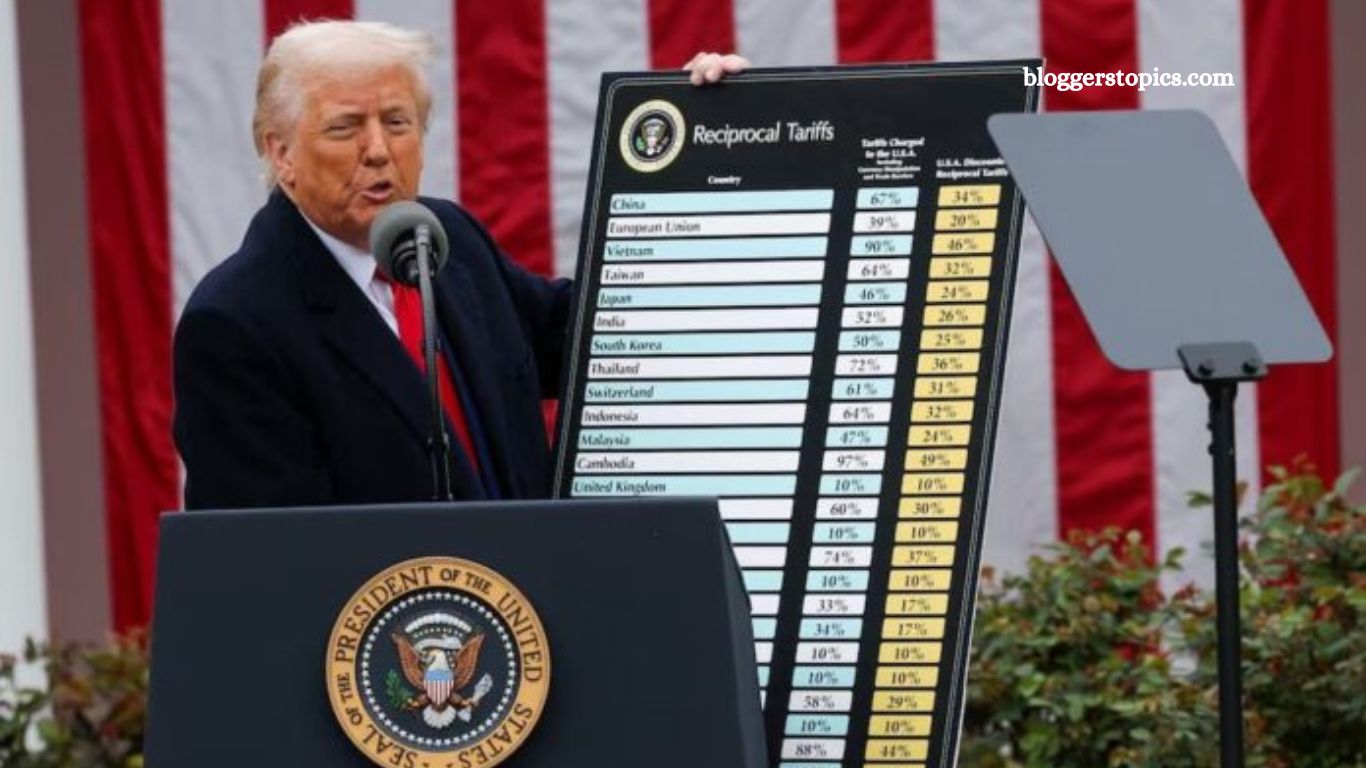In recent years, Malaysia has seen a significant shift towards sustainability, especially in the realm of residential living. Condominiums across the country are adopting eco-friendly practices that not only reduce environmental impact but also enhance the quality of life for their residents. Let’s explore some of the key trends shaping sustainable living in Malaysian high-rises.
Energy-Efficient Building Designs
Modern condominiums are increasingly incorporating energy-efficient designs. From improved insulation to double-glazed windows, these features help maintain comfortable indoor temperatures without excessive reliance on heating or cooling systems. Additionally, smart lighting solutions that use motion sensors and LED technology are becoming standard, significantly cutting down electricity usage.
Renewable Energy Sources
Solar panels are making their way onto rooftops and balconies of Malaysian condos. Harnessing the abundant sunshine, these systems provide a clean energy source that reduces the overall carbon footprint of the building. Some developments even integrate wind turbines where the environment allows, further diversifying their energy mix.
Water Conservation Measures
Water scarcity is a growing concern, and Malaysian condominiums are responding with innovative water-saving technologies. Rainwater harvesting systems collect and store rainwater for non-potable uses such as gardening and flushing toilets. Additionally, low-flow fixtures in bathrooms and kitchens help minimise water wastage, ensuring every drop counts.
Green Spaces and Vertical Gardens
Introducing greenery into high-rise living has numerous benefits. Many condos are now featuring lush gardens, rooftop parks, and vertical green walls. These spaces not only improve air quality but also provide residents with a refreshing escape from the concrete surroundings.
Waste Management and Recycling Programs
Effective waste management is crucial for sustainable living. Condominium complexes are implementing comprehensive recycling programs, making it easier for residents to separate and dispose of their waste responsibly. Some buildings even offer composting facilities, turning kitchen scraps into valuable compost for communal gardens.
Smart Home Technologies
Smart technologies are enhancing sustainability by optimising resource use. Automated systems can control lighting, heating, and cooling based on occupancy and time of day, ensuring that energy isn’t wasted when it’s not needed. These technologies also provide residents with real-time data on their energy consumption, encouraging more mindful usage.
Community Engagement and Sustainability Initiatives
Creating a sustainable living environment goes beyond infrastructure—it involves the community. Many condominiums now host workshops and events focused on sustainability, educating residents on topics like energy conservation, recycling, and sustainable living practices. Building a culture of sustainability ensures that everyone contributes to the collective goal.
Eco-Friendly Building Materials
Construction materials play a significant role in the sustainability of a building. Malaysian developers are opting for eco-friendly materials such as recycled steel, bamboo, and low-VOC paints. These choices not only reduce environmental impact but also create healthier living spaces for residents.
Transportation Solutions
Reducing reliance on personal vehicles is another important aspect of sustainable living. Many condominiums offer facilities like bicycle storage, electric vehicle charging stations, and even shuttle services to major transport hubs. Encouraging residents to use alternative modes of transport helps lower the overall carbon footprint of the community.
Case Study: Gaia Residence
One standout example of sustainable living in Malaysia is Gaia Residence. This development integrates numerous green technologies and practices, setting a benchmark for eco-friendly living. From its solar-powered amenities to extensive green spaces, Gaia Residence embodies the future of sustainable condominiums in Malaysia.
Benefits of Sustainable Living in Condominiums
Embracing sustainability in condominium living brings a multitude of benefits. Residents enjoy lower utility bills due to energy-efficient systems, improved health from better air quality and green spaces, and a strong sense of community through shared sustainability initiatives. Moreover, sustainable buildings often command higher property values, making them a smart investment.
Challenges and Future Directions
While the shift towards sustainable living is promising, it does come with challenges. The initial cost of implementing green technologies can be high, and there may be resistance to change from some property developers and residents. However, as awareness grows and technology advances, these barriers are gradually being overcome. The future points towards even more innovative solutions, such as smart grids and fully integrated green systems, further enhancing the sustainability of Malaysian condominiums.
Conclusion
Sustainable living in Malaysian condominiums is more than just a trend—it’s a necessary evolution towards a greener future. By embracing energy-efficient designs, renewable energy, water conservation, and community engagement, these residential buildings are setting new standards for environmentally responsible living. As more Malaysians prioritise sustainability, the vision of eco-friendly high-rises becomes ever more attainable, fostering healthier communities and a more sustainable planet.



